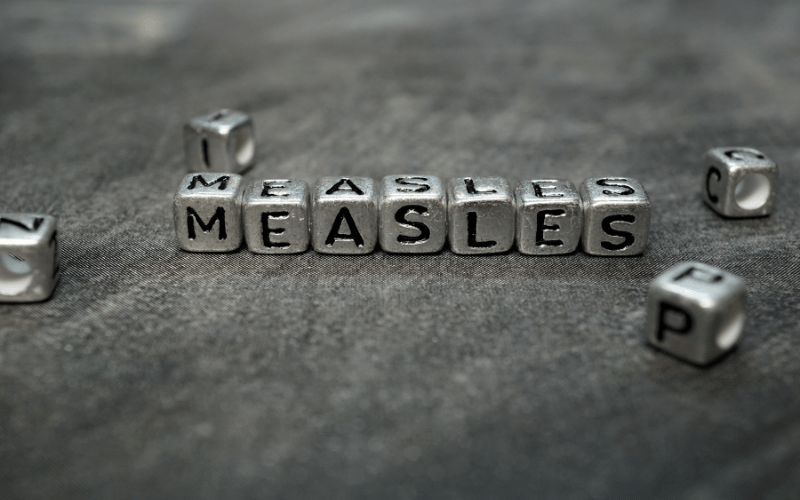Fact 9: No Age Barriers Here

Measles doesn’t care for age. It’s a common misbelief that measles targets only the young, but the reality is more encompassing and demanding of our attention. Certainly, children, especially those under five, are the most susceptible. Their immune systems are still developing, making them prime targets. The symptoms in young ones can be severe, leading to complications that can sometimes be fatal. This vulnerability underpins the urgency of early vaccination schedules.
However, let’s dispel a myth: adults are not immune to measles. If they missed their vaccination during childhood or are part of populations that never had access to the vaccine, they’re at risk. And when adults contract measles, it’s not just a mild rerun of a childhood ailment. It can hit hard, leading to severe complications, longer recovery periods, and a higher risk of hospitalization.
Unlike children, adults move through different environments – workplaces, public transport, gyms, social gatherings. An infected adult, unknowingly, can become a hub for the virus, spreading it to colleagues, fellow commuters, or friends. This dynamic underscores the importance of vaccination and booster doses even in adulthood.
There’s a silver lining, though. The measles vaccine, whether received in childhood or adulthood, offers robust protection. For those who missed out earlier, catch-up vaccinations can be a lifesaver. It’s never too late to get that shield in place.
The bottom line? Measles is indiscriminate, attacking young and old alike. It’s a stark reminder of the importance of widespread, comprehensive vaccination campaigns, ensuring that no one, irrespective of age, remains vulnerable. (9)